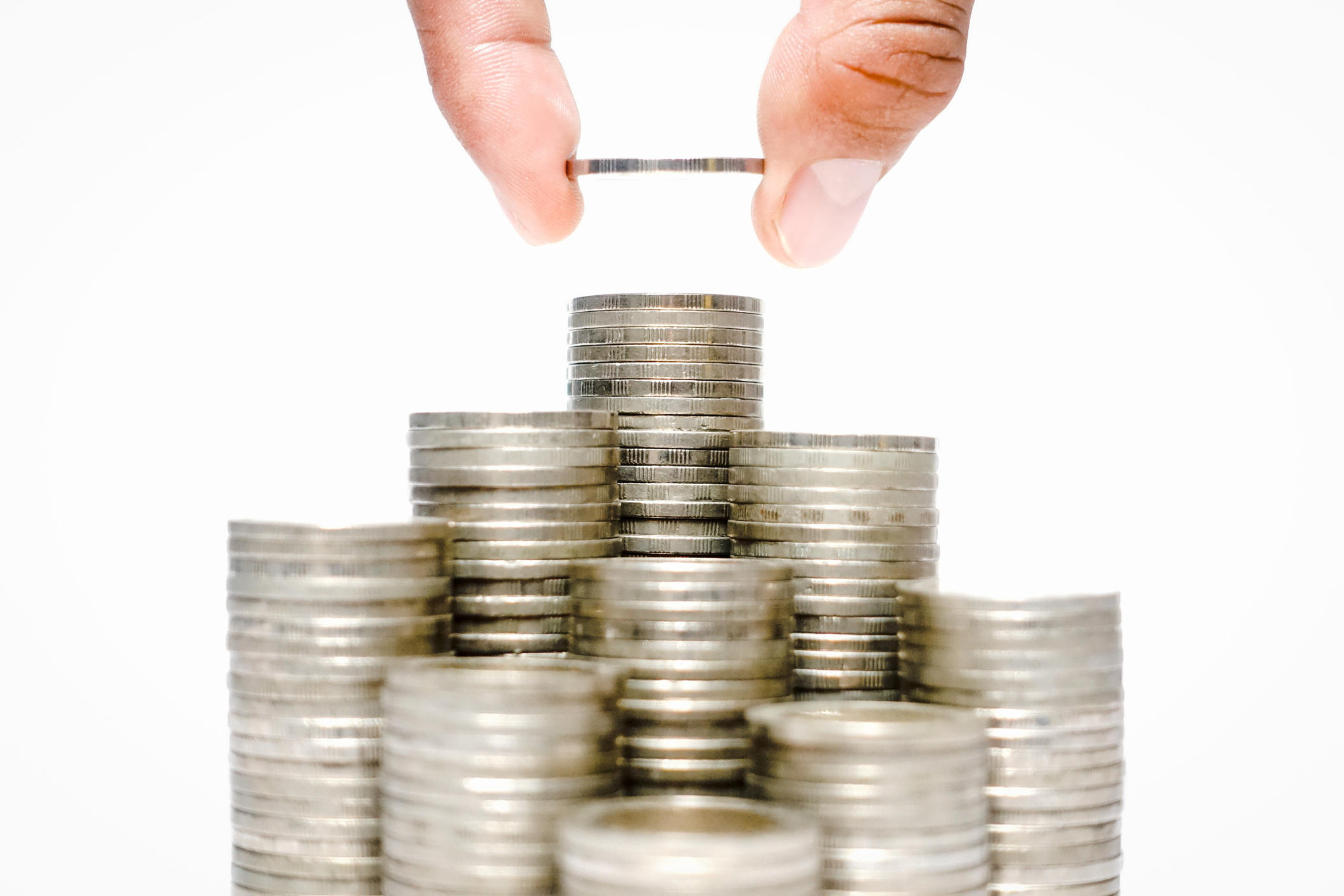DCP Midstream LP: This 9.4% Yield Could Get Increased

Will This Dividend Get Hiked?
Shale drilling has transformed the U.S. oil patch. In fact, analysts project that next year, the country will become a net energy exporter for the first time in decades.
This has turned the business of moving oil and gas into a booming venture. DCP Midstream LP (NYSE:DCP), one of the country’s largest pipelines owners, has profited handsomely.
But will America’s soaring energy production turn into a growing dividend for investors?
Well, DCP does throw off ample cash flow. Pipelines cost a lot of money up front, but once you have them up and running, ongoing costs come in at just a fraction of sales.
Through the first nine months of 2018, the partnership generated $546.0 million in distributable cash flow. Management paid out $464.0 million in distributions over that same period, for a payout ratio of 85%.
Generally, I like to see businesses keep their payout ratios under 90%. This leaves executives with some wiggle room to keep making payments even in the event of a bad year or two. So DCP stock’s distribution sits well within the green zone.
Moreover, I expect that payout to keep growing.
Thanks in part large part to shale drilling, DCP has grown its cash flow over the past several years. With more barrels flowing through its network, the company has enjoyed a growing stream of toll income.
Even better, executives have even managed to raise prices on existing routes. Across the country, existing pipelines operate at full capacity. This allows incumbent players to jack up their toll fees.
Overall, analysts project that DCP Midstream LP’s cash flow will grow at a high-single-digit clip over the next five years. Given the partnership’s modest payout ratio, investors can expect their distributions to increase more or less in line with profits. Management could boost this growth rate further through acquisitions, assuming they don’t overpay.
The only factor that could upset DCP’s plans? Interest rates.
DCP Midstream LP competes directly with fixed-income securities for capital. If rates rise, traders will likely dump their units for safer yields elsewhere.
Furthermore, pipelines fund much of their expansion through debt. If we see higher interest rates, share owners will see lower cash flows.
That said, DCP has locked in today’s low yields through long-term, fixed-rate debt. That should allow the business to weather the Federal Reserve’s rate hike campaign better than most.
In other words, DCP stock’s 9.4% payout will likely continue to grow.











